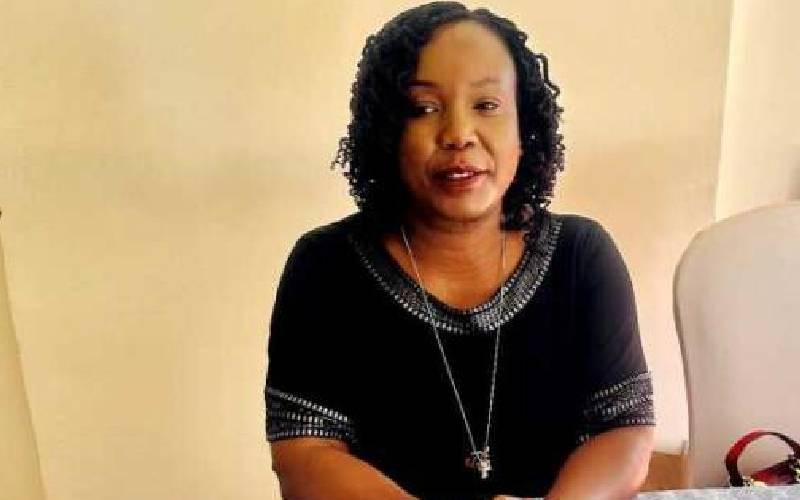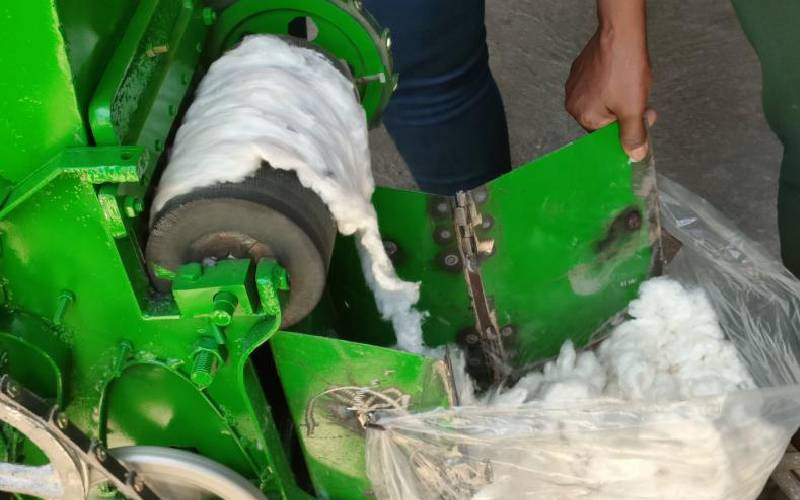By David Ochami
Months ago, Eldoret North MP William Ruto claimed several witnesses had been coached by the Kenya National Commission for Human Rghts to implicate him in the 2007/2008 post-election violence.
Ruto’s tactic has been to discredit the ICC Prosecutor Luis Moreno Ocampo by trying to demonstrate that his evidence is tainted and would lead to a politically-motivated and biased prosecution against him, a charge commonly leveled against international criminal tribunals, including the International Criminal Tribunal for Rwanda (ICTR).
ICTR’s spokesman and senior legal advisor Roland Amoussouga who helped design Kenya’s Witness Protection Programme says these type of tactics can neither intimidate a prosecutor nor sway a judge.
"When a judge at an international criminal tribunal is given evidence, you are not going to intimidate them. They only look at evidence. They do not know you. If evidence is watertight, you will go down," he told a group of Kenyan civic leaders.
Amoussouga said when international investigators say they have evidence, they know what they are talking about because no prosecutor would want to make a fool of himself.
Former Serbian leader Slobodan Milosevic and Liberia’s Charles Taylor’s used similar tactics against international courts trying them but they did not make progress.
At the ICTR, suspected masterminds of the Rwandan genocide adopted the tactic the Kenya Government appears to be taking (in challenging the jurisdiction of the ICC over the Kenyan post-poll violence) by challenging the legitimacy of the ICTR.
Before visiting the ICTR at the close of March this year, a group of councilors from Karatina were deeply engrossed on the sensational debate over the ICC investigations in Kenya.
But after being taken through ICTR procedures which are similar to those of the ICC, Councillor Christopher Kamau proclaimed: "We (now) have an idea of what will happen at the Hague," referring to the ICC and adding that if most Kenyans know what is happening, they would not be cheated.
Speaking in Arusha, Councilor Rose Wairimu admitted that most people in Kenya do not know how the law works. According to Amoussouga, international tribunals do not tolerate threats to witnesses and also provides penalties of up to five years for false testimony. Records at ICTR indicate a witness was jailed for uttering false testimony.
The official alleges that identities of witnesses under protection programmes are expunged from all records, bringing to question how Ruto claimed to have unearthed ICC witnesses across East Africa.
However, Prof Lennox Hinds, a defence lawyer at the ICTR, declares that ICTR’s Witness Protection Programme is ‘a joke,’ alleging that the Rwandan establishment in Kigali has infiltrated and exploited it to threaten defence witnesses.
 The Standard Group Plc is a multi-media organization with investments in media
platforms spanning newspaper print operations, television, radio broadcasting,
digital and online services. The Standard Group is recognized as a leading
multi-media house in Kenya with a key influence in matters of national and
international interest.
The Standard Group Plc is a multi-media organization with investments in media
platforms spanning newspaper print operations, television, radio broadcasting,
digital and online services. The Standard Group is recognized as a leading
multi-media house in Kenya with a key influence in matters of national and
international interest.
 The Standard Group Plc is a multi-media organization with investments in media
platforms spanning newspaper print operations, television, radio broadcasting,
digital and online services. The Standard Group is recognized as a leading
multi-media house in Kenya with a key influence in matters of national and
international interest.
The Standard Group Plc is a multi-media organization with investments in media
platforms spanning newspaper print operations, television, radio broadcasting,
digital and online services. The Standard Group is recognized as a leading
multi-media house in Kenya with a key influence in matters of national and
international interest.









